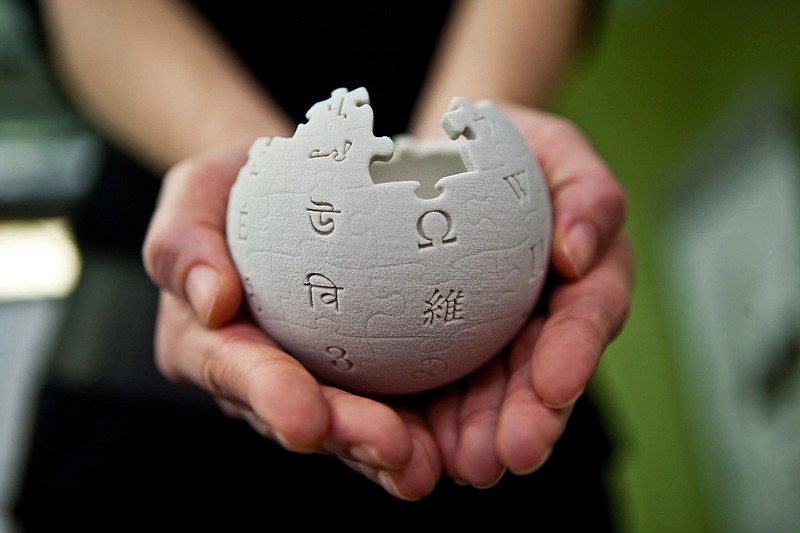One of the curiosities of the newspaper business is that, despite the many complaints people level at journalists, we're still regarded as a reliable source of information.
According to an annual Gallup poll measuring American confidence in various sources of information, an average of 26.8 percent of respondents in the last decade said they had "quite a lot" or "a great deal" of confidence in the accuracy of newspaper reporting.
That might not seem especially high, but TV news trailed papers with an average of 25.4 percent confidence. Unfortunately, Gallup hasn't tracked perception of online news sites since 2014, but respondents to that year's poll found internet-based news reporting somewhat lacking, citing a confidence of just 19 percent.
There are plenty of reasons newspapers could continue to be seen as the most reliable sources of news. First, there's their centuries-old role as purveyors of information. Second, there's a general expectation that reporters working on print journalism's longer deadlines are able to take the time to conduct more thorough research and provide deeper, better contextualized insights than outlets that have to publish at a more rapid pace.
As I recently wrote, being a journalist is hard and stressful, but one of the few stringy carrots to drive all that effort is the narcissistic glee of seeing your byline, especially when it appears somewhere other than your native publication.
Thanks to the internet, it's easy to track the diaspora of a journalist's writing. According to a 2013 Pew Research Center study, 56 percent of internet users Google themselves in fits of digital navel gazing, so it's with only 44 percent shame that I admit to regularly Googling my byline to see how far, if at all, my stories have spread.
Generally speaking, they rarely make it out of Chattanooga, but they'll occasionally drift onto Wikipedia, which is amusing since teachers waved us away from the site like it was a house packed with plague victims when I was writing term papers in high school and college. (I'm choosing to think times have changed.)
Seeing my stories listed on "encyclopedia" articles about the computer mouse and video-game crowdfunding or sandwiched into bibliographies for books about Victoria Justice and internet slang is a surreal, if ego-boosting, experience.
I suppose my next goal should be to get my account certified on Twitter, where a 2015 report by Poynter found that 24.6 percent of "checklisted" users are journalists. But that's a different carrot for a different day.
Contact Casey Phillips at cphillips@timesfreepress.com or 423-757-6205. Follow him on Twitter at @PhillipsCTFP.

